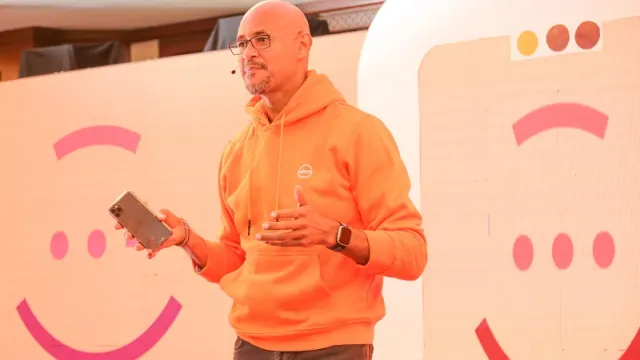The rise of corporate chatbots will open sheng and Swahili internet deserts

The rise of corporate chatbots will open sheng and Swahili internet deserts
Absa Bank just launched Abby, a WhatsApp female chatbot that can talk to its customers, just like a real human takes them through banking solutions 24 hours seven days a week.
The intelligent virtual assistant will be able to facilitate transactions and other personalized services like sending customers notifications, informing them about their balances, facilitating airtime purchases, making recommendations for lowering expenditure, and providing updates on things like credit reports.
This tireless bot that can talk to all customers at one go is a revolution with only one handicap- at least for a while, understanding Kiswahili and Sheng.
According to Absa, Abby is fitted with AI (Artificial Intelligence) and will very soon learn these languages as it continues to interact with the lender's customers and executing their requests.
“Over time, Abby’s capabilities will continue to evolve over various interactions with the customers. We expect the take up to be high not only in Kenya but in other markets,” Absa CEO Mr Jeremy Awori, said.
Absa bank now joins other corporates including Safricom’s self-service Chatbot Zuri which processes hundreds of thousands of customer care queries.
For a long time, Africa has been left behind by advancements in technology and AI with facial recognition that fails to detect black faces and translating tools that return gibberish.
This has been caused by an internet bareness where digital technology developed by the west has had little interactions with Africans.
In 2010, Google sponsored a contest to encourage students in Tanzania and Kenya to create articles for the Swahili version of Wikipedia, mainly by translating them from the English Wikipedia in an effort to plug this gap.
Google also launched an AI lab in Accra, Ghana while IBM Research opened an African office in Nairobi; and Johannesburg, South Africa.
Since then, there has been growing interest in AI in Africa including the launch of Data Science Africa in 2013, Deep Learning Indaba in 2017.
Universities have also started teaching machine learning in response to increasing demand.
But it is local companies seeking to expand their digital reach to tap into channels most utilized by Kenyans that may build the data set that will teach machines sheng and Swahili.
Absa bank says 97 per cent of Kenyans with smartphones are active users of WhatsApp which means their expansion into this space will trawl conversations with Abby in the most casual chatty way catching very unique and evolving phraseology that make Kenyan-speak.
Abby may just be the market leader not only in banking but for financial and non-financial institutions to understand everyday Kenyan and know how to talk to them.



